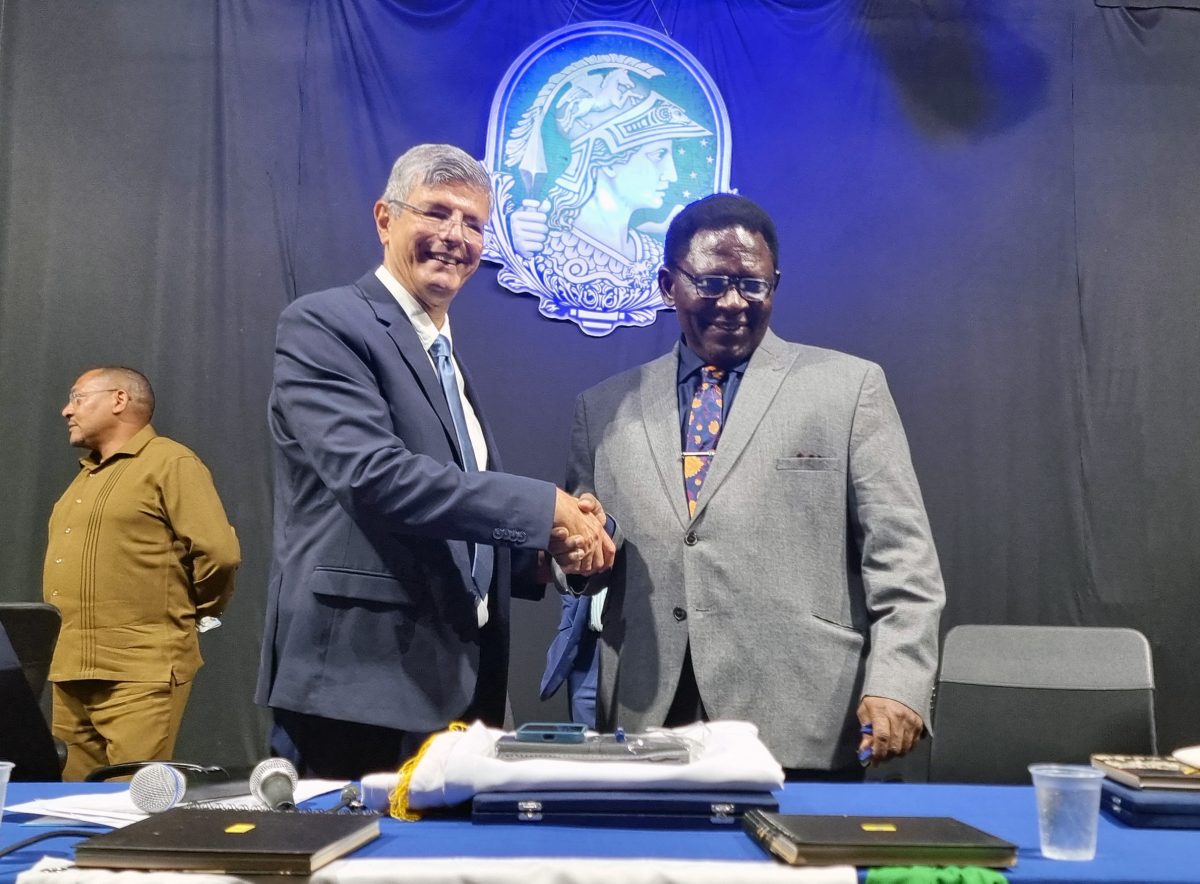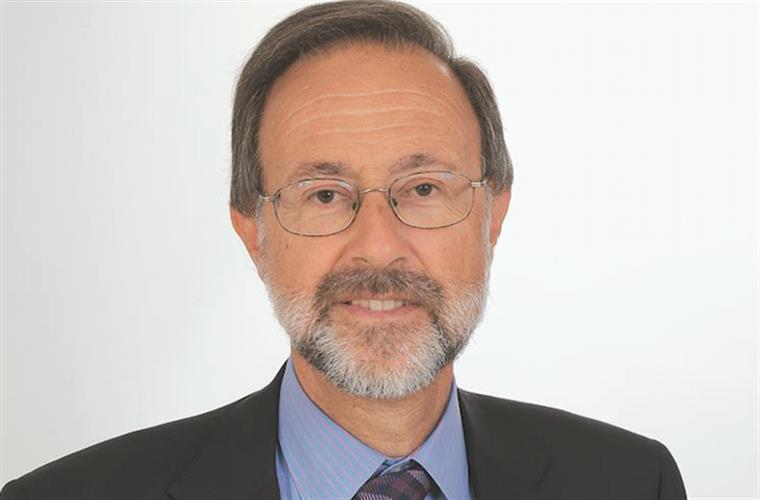On October 10th I was at the book launch by my colleague Isabel Gallica Netto, who extended me an honorable invitation, impossible to refuse. The working title Da Ciência, do Amor e do Valor da Vida seems to me particularly happy and the message it carries speaks well of what is at stake. The science that studies the complexity of problems, love, the most beautiful feeling for human beings, always present in the depths of each one of us, and the immeasurable value of human life for which we doctors fight endlessly.
I do not want to go into detail about this book, not only in order not to rob the interest of those who read it but also because it is not my business. Nevertheless, I recommend everyone to read it in order to draw appropriate conclusions later.
Above all, what I want to make clear is that I join the fight that Dr. Isabelle has struggled to fend for life over time, highlighting particularly her work in palliative care – which, as she herself unfortunately admits, is only available to a small percentage of Portuguese.
And it is good to keep in mind that the cause she is defending is not hers alone, nor are doctors, nor nurses, nor health workers, nor governments, nor Social Security. It is from all of us. No one should exclude himself from this problem, and only together, with the cooperation and help of everyone, can we find solutions. More: Society must find ways and take part in this crusade, because from one moment to the next any of us can “reflect” on a tragic situation that suddenly and unexpectedly befalls you or your family.
I have already addressed the problem with two articles – Valha-Nos Santa Barbara and Is Everyone Really Right to Health? – which, judging by the letters received, moved people. But we can’t stop here. It is necessary to go further. You have to work and, most importantly, not give up. Those with health insurance will undoubtedly have an easier life; But what society should care about is the others, perhaps the majority, those who cannot pay and have no alternative in a country like Portugal, where wages are low and SNS cannot reach everyone.
Investing heavily in palliative and continuing care is very expensive and large investments are focused more on ‘acute’ hospitals than on backyard hospitals, which are being missed by the day. and then? What do we do with humans at the end of life? If they are not treated at home and rejected by hospitals, will we abandon them? How are they not produced, they are no longer needed and can they be discarded? Faced with a serious problem, instead of trying to solve it, is the solution to eliminating people? Let’s join hands and do anything, no matter how small, in the name of “Science, Love and the Value of Life”.
Thankfully there are good examples in this community! I share this one, which I came across by chance, and leave comments for each one. An elderly patient was treated in a timely manner by a physician in a general hospital for colon adenoma. At that time, what was possible was done, but the situation worsened as a result of the progression of the disease. So the patient went to look for the doctor who treated him in the hospital, but to his surprise, he did not find him, because he was out of public service. Desperate, he managed to find it outside – I don’t know how – at a point when it was no longer suitable for any remedial treatment. Without being able to do more, my colleague discreetly managed to admit him to a special unit, where he ended his days, with all the costs of hospital treatment being borne out of his own pocket by the doctor, ‘so that he would not die like a destitute’ ».
Here is my appreciation to my colleague for his solidarity and deep humanitarian work! More than that: a true example will always speak in silence “about science, love and the value of life”!

“Hardcore beer fanatic. Falls down a lot. Professional coffee fan. Music ninja.”




:strip_icc()/i.s3.glbimg.com/v1/AUTH_59edd422c0c84a879bd37670ae4f538a/internal_photos/bs/2023/A/A/RegC4eSG2LRB27pMYWEg/1910-bdbr-telemkt0303-extra.01-frame-2769.jpeg)

More Stories
UFRJ is Africa's Ambassador for Science – Conexão UFRJ
China releases the most complete geological map of the Moon; look at the pictures
Registration is now open for the third cycle of the Science for All Prize